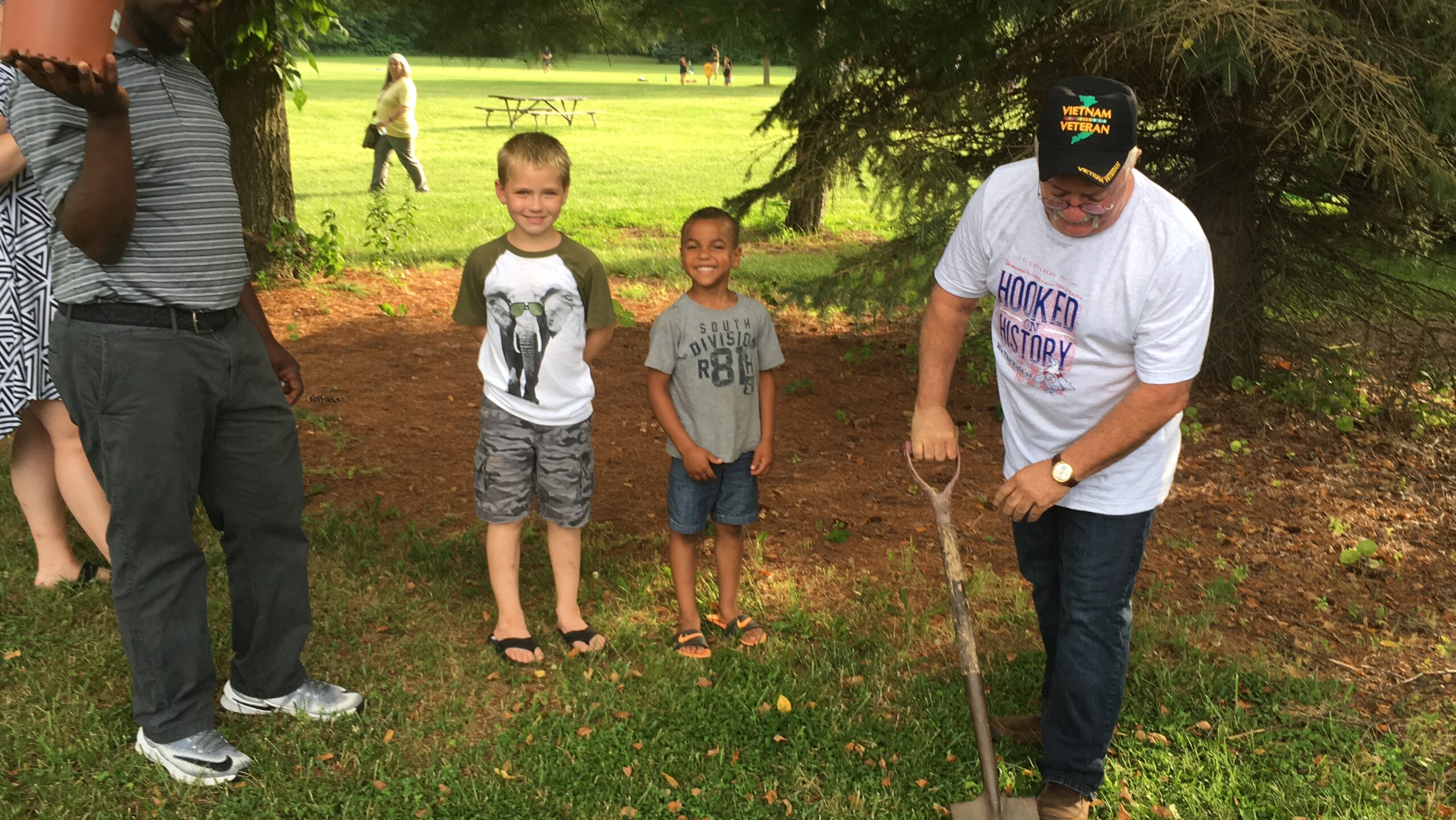In South Bend, Judy Frazier and the participants of the youth program she initiated, We the Kids, distributed 11 milkweed plants and approximately 20 bags of milkweed seeds in June during the WNIT Kids Club Day in the Park at St. Patrick’s County Park. Frazier is currently seeking another opportunity to distribute seeds.

Diana Mendelsohn, the organizer of an annual Earth and Arbor Day event, had intended to distribute milkweed seeds and showcase a live butterfly this past Saturday at Roseland Town Park.

While there are overall declines in the monarch population, Taron expressed discomfort with reports that he considers “more alarmist than I am comfortable with.” Three years ago, he co-authored a research paper examining monarch data in Mexico and the Midwest.

Although Mexico experienced a notable decline, Taron remarked, “We were not able to observe a significant population decline up here in the summer.â€
Throughout our summer, about three generations of monarchs go through their two-week life spans, primarily engaged in mating and laying eggs. The eggs laid during this period will hatch in August, giving rise to the monarchs that will embark on the southward migration, living significantly longer. Taron explained that a decrease in daylight triggers the secretion of more juvenile hormones, allowing them to live about eight months and prompting the migration to Mexico.














